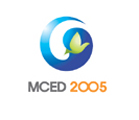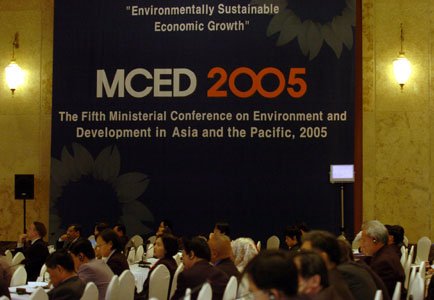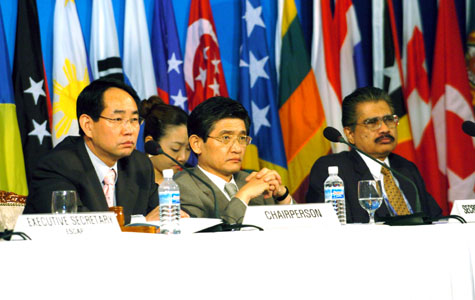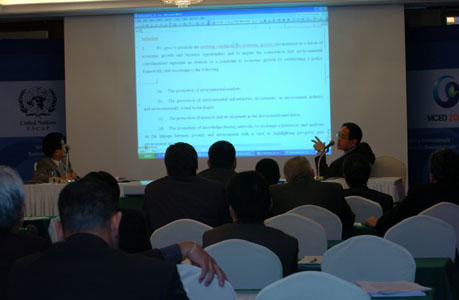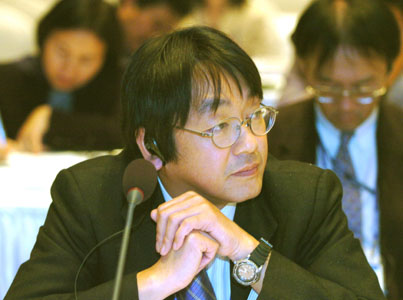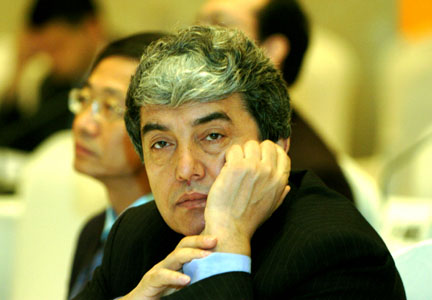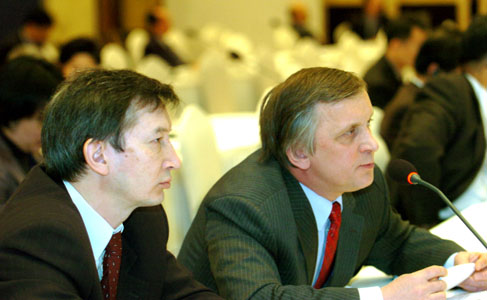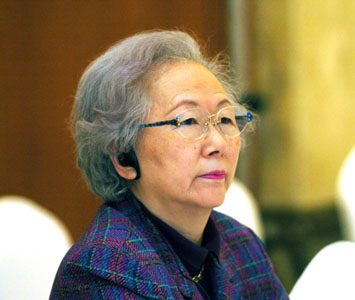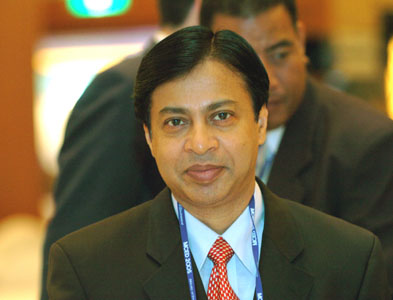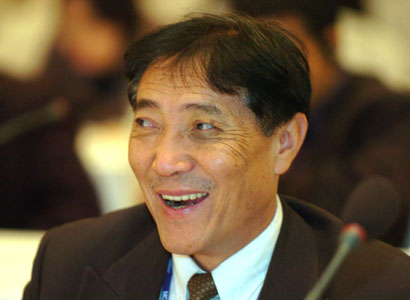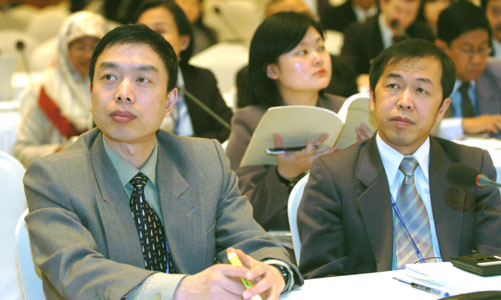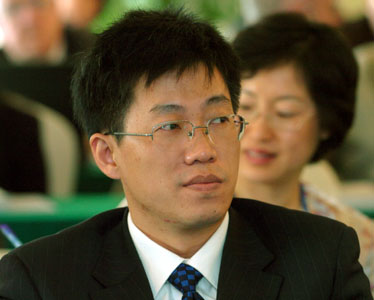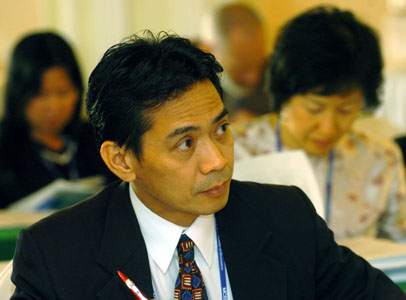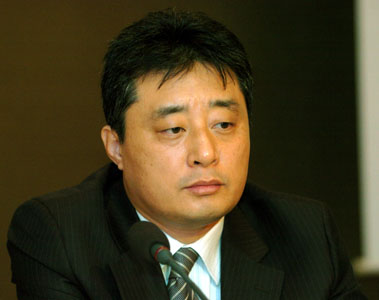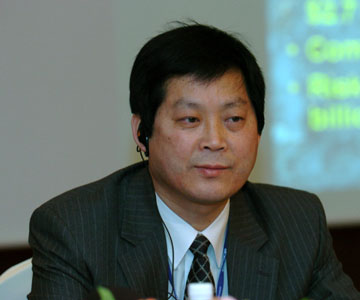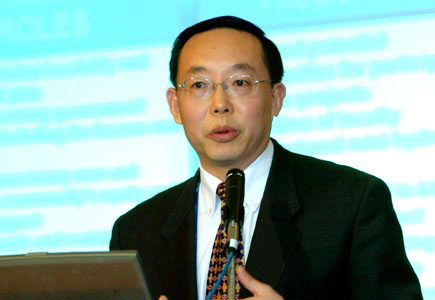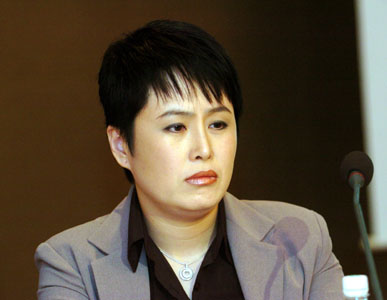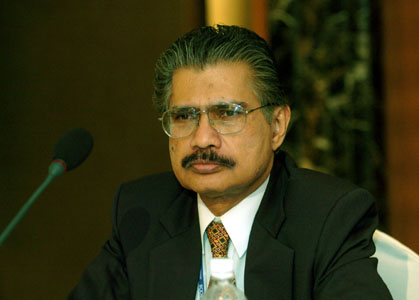|
|
|
||||||||||||||||||||||||||||||||||||||||||||
| ||||||||||||||||||||||||||||||||||||||||||||
|
|
||||||||||||||||||||||||||||||||||||||||||||
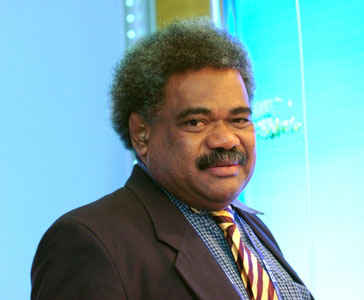 |
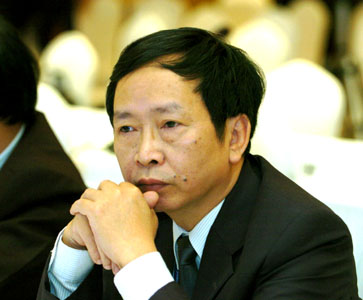 |
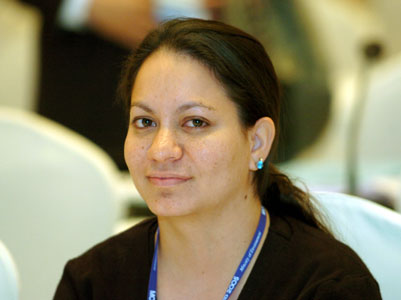 |
Above photos L-R: Manasa Sovaki, Fiji; Dinh Xuan Hung, Viet Nam; Deborah Barker, Marshall Islands
|
Ministerial
Declaration: |
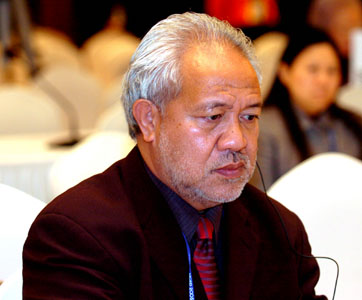 |
Above photos
L-R: Takashi Omura, Japan; Tu'u 'u Ieti
Taule'alo, Samoa; Kodir Boturov, Tajikistan
|
AUSTRALIA highlighted language consistency
with the Rio and Johannesburg Declarations. INDONESIA
highlighted the role of all stakeholders in
achieving MDGs, regional cooperation and
institutional capacity building. The RUSSIAN
FEDERATION said that environmental services should
be stimulated and bilateral cooperation be
emphasized. COOK ISLANDS said that small island
state's economic scale and vulnerability should
be taken into consideration. INTERNATIONAL COUNCIL OF WOMEN and
INTERNATIONAL ALLIANCE OF WOMEN suggested
references to gender equality and women's role
in disaster management. UN Development Programme
said that green growth should take into account
interests of the poor and women and children,
which are both defined in the Millennium
Development Goals. Following general discussion in plenary, a
working group was established to consider the
draft declaration. Noting lack of adequate
resources and necessary capacities, one delegate
proposed a new preambular paragraph stressing the
urgent need for financial and technical assistance
and capacity building to developing countries.
Another delegate suggested references in the
preamble to: changing consumption patterns in
developed countries, as stated in the JPOI, and
the importance of poverty eradication. Some delegates suggested replacing
"green growth" with "environmentally
sustainable economic growth". In a paragraph
regarding using economic instruments to support
green growth, some delegations opposed a reference
to "green accounting". Noting regional
diversity, some countries supported a paragraph
highlighting the importance of traditional and
cultural values in promoting sustainable
consumption patterns. Some delegations suggested a
reference to strengthening activities to mitigate
adverse impacts of sandstorms, droughts and
cyclones. Several countries suggested deleting
paragraphs related to environmental compliance and
timely and thorough implementation of multilateral
environmental agreements. |
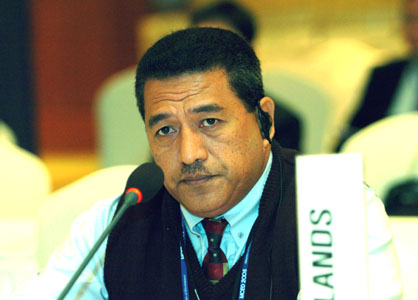 |
||
Above photos L-R: Vladmir Maximov and Yury Yu Aleksandrovkiy, Russian Federation; Sachiko Okumura, International alliance of Women (IAW); Vaitoti Tupa, Cook Islands |
||
|
Regarding
the text on promotion of environment as a driver
of economic growth, delegates agreed to an
amendment that environment is not an obstacle to
economic growth, but offers opportunities for
sustainable growth. Delegates also agreed to
stress stakeholders' engagement in: promotion of
markets for environmental technologies, products
and services; encouraging research, development
and demonstration of environmental technologies;
fostering a communication strategy on the concept
of "green growth"; and promoting capacity
building for environmental technology in
developing countries. |
Above photos L-R: Shafique Alam Mehdi, Bangladesh; Tshering Tashi, Bhutan; Li Yong and Luo Delong, China |
||
|
Regional
Air Quality, Forestry and Biodiversity: This session discussed the need for science to address air pollution effects on climate, health and biodiversity with presentations on smoke and dust, atmospheric aerosols, carbon sequestration, and indigenous knowledge. |
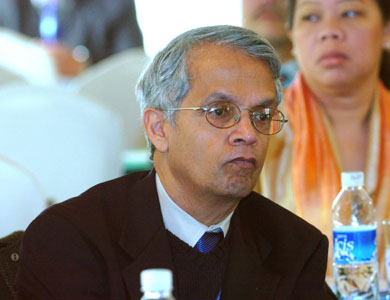 |
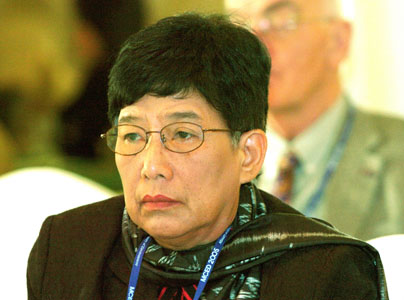 |
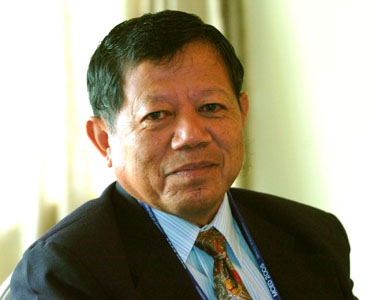 |
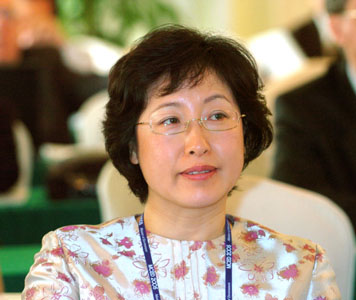 |
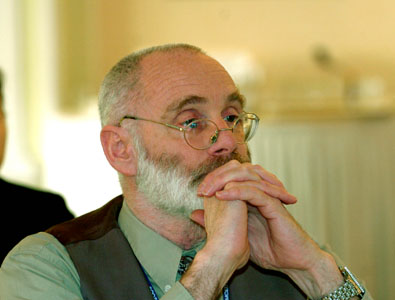 |
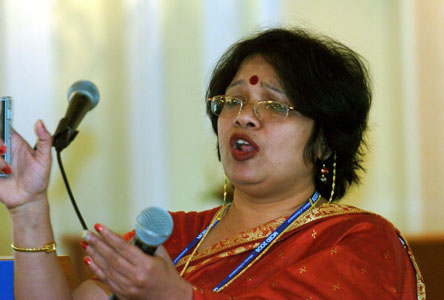 |
|
Above photos L-R: Scientists who presented during this session include V. Ramanathan, Jariya Boonjawat, Mohd Nor Salleh, Young-Sin Chun, Peter Brimblecombe, and Ferdousi Begum. |
|||||
|
Responses
to Climate Change and Disasters: |
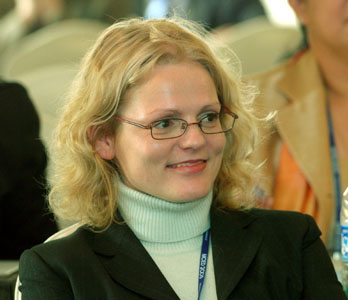 |
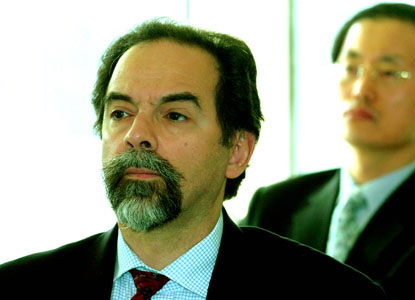 |
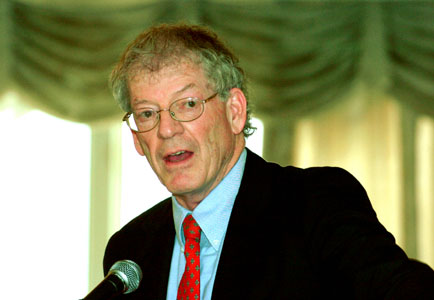 |
|
| Above photos L-R: Scientists who presented during this session include Dahe Qin, Linda Anne Stevenson, Sálvano Briceño, and Michael Glantz | |||
|
Environment
Industry, Governance and Tools for Environmental
Management: |
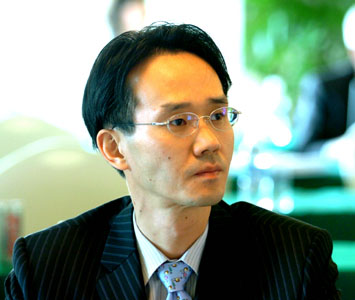 |
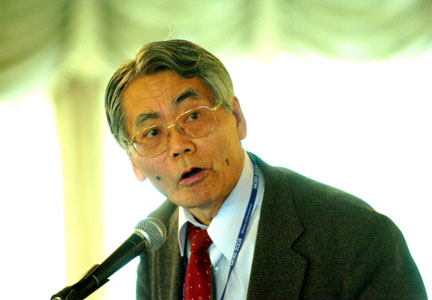 |
|
| Above photos L-R: Scientists who presented during this session include Alvin Culaba, Yong-Il Song, and Ryokichi Hirono | ||
|
Panel
Discussion with Invited Scientists and
Ministers: |
Above photo: Delegates from the Eminent Scientists
Symposium
|
The
Forum, under the theme of corporate and public
policies to promote green growth, was sponsored by
the Korean Business Council for Sustainable
Development (KBCSD), in cooperation with ADB and
ESCAP. |
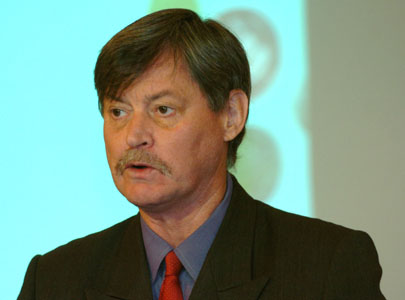 |
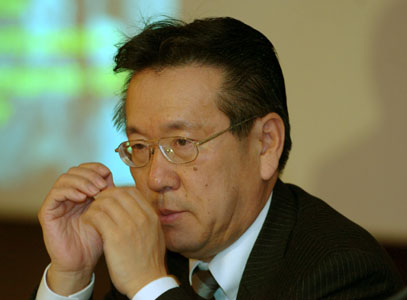 |
||
| Above photos L-R: Speakers during this session include Tak Hur, Hae Bong Chung, Peter King and Sang-Eun Lee | |||
| The
need for environmental management and corporate
responsibility: Participants from Konkuk University and Eco-Frontier Co, Republic of Korea, made presentations on environmental management and corporate responsibility, highlighting the life-cycle approach, improving resource productivity, realizing business benefits and creating sustainable enterprises, and Korea's Environment-friendly Company Certification System. ADB introduced its "Asian Environment Outlook 2005" report, which focuses on corporate responsibility for environmental performance in Asia and the Pacific. |
|
Case
Studies on Environmental Management and Green
Business Opportunities: Yuhan–
Kimberly, Hyundai Motor and LG Caltex Oil, Samsung
Everland made presentations on their vision,
strategies, measures and plans for corporate
environmental management for producing
environmentally friendly products. |
|
At the briefing, presentations were made on: the ADB-GEF Regional Technical Assistance Project; the proposed program to establish regional monitoring and EWS against DSS; and an investment strategy for prevention and mitigation. |
| Related Links |
|
|


